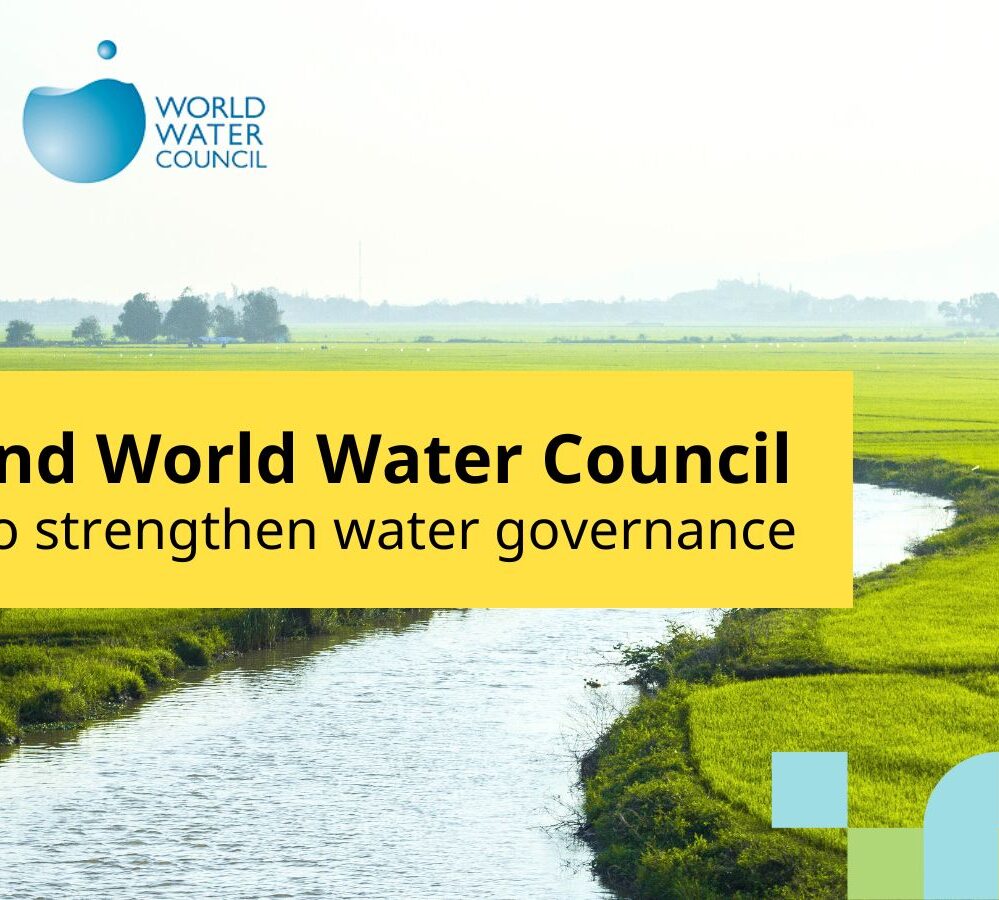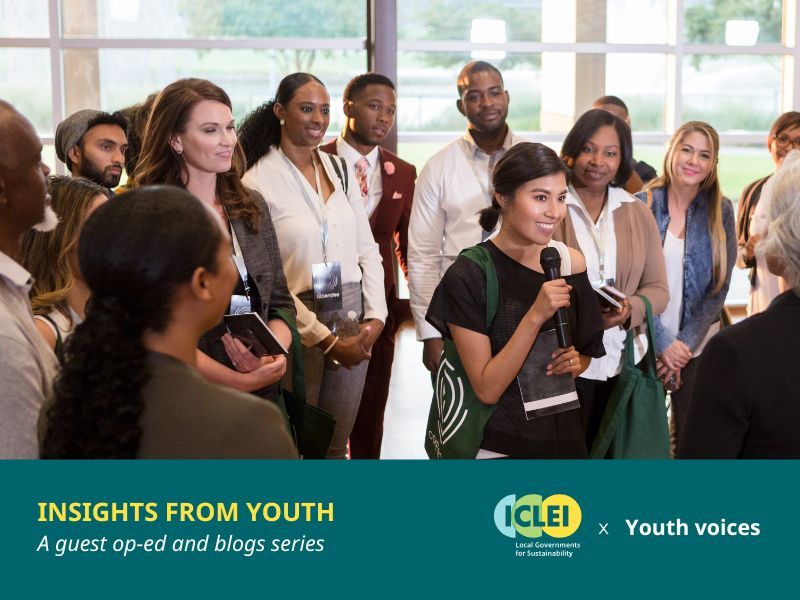At the 6th Global Water Operators’ Partnerships Congress held on 27–30 October in Bonn, Germany, ICLEI underscored the power of collaboration to build more resilient urban water systems.
Facilitated by Anton Earle, ICLEI’s Global Coordinator for Water Systems and member of the GWOPA Steering Committee, on 29 October, the session “Partnerships in Practice for Urban Water Resilience,” organized by ICLEI and the German Association for Water, Wastewater and Waste (DWA), brought together diverse voices—from municipal leaders to utility operators.
They shared practical insights on how partnerships among operators, governments, local authorities, the private sector, and other stakeholders drive innovation, infrastructure modernization, and nature-based solutions to strengthen urban water systems and climate resilience.
“The challenges to achieving urban water resilience are huge -climate change, biodiversity loss, and landscape degradation– and the only way we can convincingly address these is by forming multiple partnerships,” said Anton Earle during the session.
Through four vivid case studies, the session demonstrated how cooperation transforms challenges into innovation. Participants examined:
- An empirical research case about wastewater reuse efforts in Germany, where water scarcity is for the first time being integrated into local water planning.
- The challenges faced by the national water authority in Jordan, one of the driest countries in the world with a large and rapidly growing refugee population.
- The case of Africa’s largest water utility, Rand Water, supplying 18 million people a day but with municipalities losing around 45% of the water they receive.
- The resilience of Chernihivvodokanal in Ukraine, maintaining services despite continued military attacks on its water infrastructure.
Together, these examples demonstrate the importance of establishing and implementing partnerships to overcome the challenges.
In addition, the German Association for Water, Wastewater, and Waste (DWA) showcased how the provision of their technical and operational standards for the water sector in Germany allows increased planning and collaboration between municipalities and water and wastewater utilities in the country, drawing global lessons for standardization and scaling far beyond Germany.
Following the session, an engaging World Cafe format workshop, allowed participants distilled three key takeaways for achieving urban water resilience through partnerships:
- Nature as a teacher: Learn from natural patterns and systems and work in harmony with them.
- De-politicize water management: A mandate is needed from political leaders to hand over water management to the technical and stakeholder level and to end further political interference.
- Re-think water-smart societies: Move beyond efficiency toward a culture of shared responsibility.
The Global Water Operators’ Partnerships Congress, organized by UN-Habitat’s Global Water Operators’ Partnerships Alliance (GWOPA) and supported by the Government of Germany, brought together over 550 participants from more than 70 countries under the theme “Solidarity in Action: Stronger Utilities for Thriving Cities.”
As the UN system’s foremost gathering for water and sanitation utilities, the Congress reaffirmed a powerful message: When water and sanitation utilities learn from one another through peer-to-peer exchange, solidarity becomes a driver of sustainable service delivery. Read more about the Congress key takeaways here.





